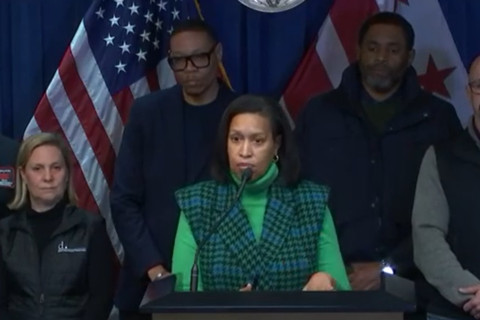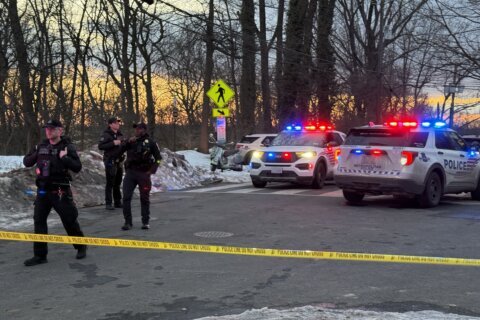D.C. isn’t monitoring young people involved with both the child welfare and juvenile justice systems, leaving some of the District’s most vulnerable youth without access to essential services, according to a report from the city’s auditor.
The report, produced with help from the Council for Court Excellence nonprofit, highlights a lack of coordination among city agencies and focuses on “crossover youth,” which are young people who have experience with both systems.
Those children have experienced abuse and/or neglect and engaged in delinquent behavior, “crossing over” from one system to the other, according to a news release from the auditor’s office.
The result, according to the report, is an inability to coordinate services and other help for those young people. It centered on whether city agencies “are identifying these young people, and are they tailoring their services and support to help meet their needs,” according to Tracy Velazquez, policy director at the Council for Court Excellence.
“As I came in, there was a lot of rhetoric around young people engaging in crime in the District, and holding them accountable,” Velazquez said. “While obviously, we all have an interest in public safety, there hasn’t been as much conversation, it seems to me, around how do we, as adults, help improve their outcomes so that they don’t engage in crime and they don’t go deeper into the system.”
The city’s Child and Family Services Agency and Department of Youth Rehabilitation Services, with help from other agencies, should improve coordination to better serve crossover youth, the report said.
Those two agencies don’t use a definition of crossover youth that matches the one in the city’s code. As a result, the report said, they’re not identifying all of the young people who fall into that category.
In a statement, the agencies said they’re “committed to continuing to improve coordination, information sharing, and data sharing between the agencies to ensure a holistic approach to meeting the needs of these, and all, youth and families we serve.”
In a letter to auditor Kathleen Patterson earlier this month, the directors of those agencies said the Office of the Attorney General should be involved in increased communication and that “establishing a strong collaboration with the Superior Court is crucial to ensure that youth involved in the child welfare and the delinquency system have their cases overseen by one judge.”
The city, Velazquez said, is focusing on youth who are “dual-jacketed,” or involved in both of those systems at the same time.
“This is an important group, because you want to make sure you’re coordinating care, you want to make sure that the young people don’t have an unreasonable number of obligations in both systems that they now can’t meet,” Velazquez said. “But even among these crossover youth, we found what appears to be a larger number than the District has identified who have involvement in both systems.”
If family isn’t present, Velazquez said young people may not have access to tools that teach them how to apply to college or a vocational program, buy a car or rent an apartment.
“A lot of these issues are very important for the young people being successful, especially as they transition into adulthood,” Velazquez said. “And that’s definitely an issue, that we felt the District was not meeting the needs of these young people.”
Youth who fall under crossover status should have cases flagged in content management systems, the report recommended, and plans for coordination should be included in future strategic plans.
“These youth are particularly vulnerable because of their past experiences of maltreatment,” Velazquez said.
Get breaking news and daily headlines delivered to your email inbox by signing up here.
© 2024 WTOP. All Rights Reserved. This website is not intended for users located within the European Economic Area.








